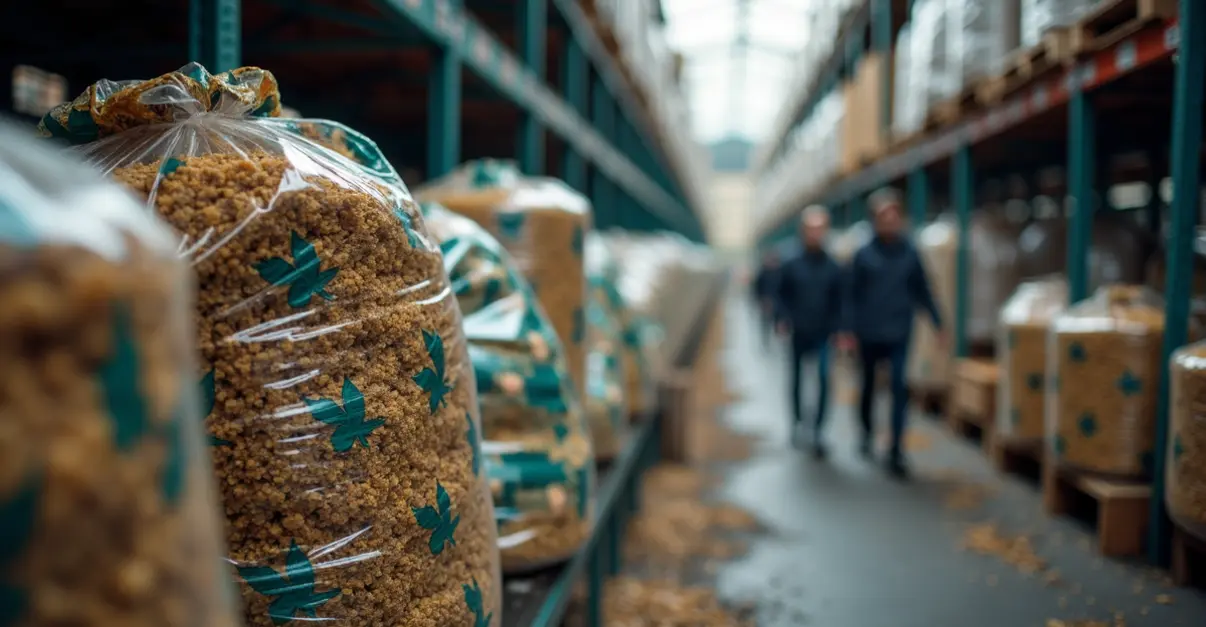EU mandates 30% food waste reduction and textile recycling schemes by 2030, but member states face infrastructure challenges and unintended consequences in implementation.

EU Takes Bold Action Against Waste Crisis
The European Parliament has given final approval to groundbreaking legislation requiring EU member states to dramatically reduce food waste and tackle the environmental impact of fast fashion. The new rules come as countries face significant infrastructure challenges in implementing effective recycling systems.
Ambitious Targets for 2030
By 2030, member states must achieve a 30% reduction in food waste from households, retailers, and restaurants compared to 2021-2023 levels. Additionally, they must cut 10% of waste from food processing and manufacturing. The EU estimates the bloc generates approximately 130kg of food waste per person annually, totaling 60 million tonnes.
For textiles, countries must establish producer responsibility schemes where manufacturers cover collection, sorting, and recycling costs. This requirement takes effect 30 months after the directive enters force. Currently, less than 1% of textiles worldwide are recycled, with the EU generating 12.6 million tonnes of textile waste yearly.
National Implementation Challenges
Several member states have already begun implementing measures with varying success. Poland requires large retailers to donate unsold food to NGOs and run anti-waste campaigns. Spain introduced legislation aiming for 50% per capita food waste reduction in retail and consumer sectors by 2030.
"2024 marked a turning point in Spain in the fight against food waste," said Luis Planas, Spain's Minister of Agriculture, Fisheries and Food. Despite progress, significant challenges remain across the bloc.
Infrastructure Gaps and Unintended Consequences
Sweden faced particular difficulties when new rules overwhelmed recycling stations and second-hand stores with unusable material. "The laws came in the wrong order," stated Anna-Carin Gripwall from waste industry organisation Avfall Sverige.
Romania struggles with inadequate infrastructure, though EU funds from the National Recovery and Resilience Plan aim to establish 26 new recycling facilities by 2026. Bulgaria faces similar challenges, with only about 7,000 tonnes of 100,000 tonnes of annual textile waste collected separately.
Consumer Mindset Shift Required
Environmentalists emphasize the need for consumer behavior changes. "Each person should buy no more than five new articles of clothing per year," advised Beatrice Rindevall, head of the Swedish Society for the Conservation of Nature.
The measures also aim to address the flood of ultra-cheap fashion imports, particularly from China, with the EU proposing a €2 flat import fee on small parcels to curb low-cost package deliveries.

 Nederlands
Nederlands English
English Français
Français Deutsch
Deutsch Español
Español Português
Português

